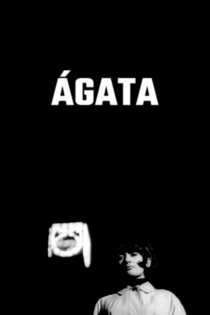
Iván Zulueta
1943 - 2009Arrebatados. Recordando a Iván Zulueta
Pedro González Bermúdez
Pedro Almodóvar, José Luis Borau
A portrait of the film director Iván Zulueta and his film Arrebato. It features contributions from friends and people who worked with him such as José Luis Borau, Pedro Almodóvar, Antonio Gasset and Julio Médem.
Arrebatados: recordando a Iván Zulueta
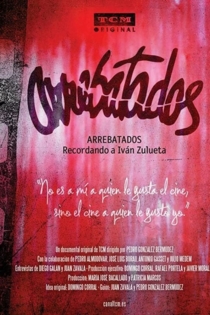
Párpados
Iván Zulueta
Párpados (the literal translation, “Eyelids”, misses the homophonic “par pa’ dos,” or “a couple for two”) is a 1989 television episode with an intricate script involving a delirious array of doubles, mirrors and word-play revolving around the central theme of amorous obsession.
Párpados
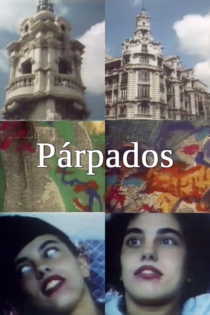
A MAL GAM A
Iván Zulueta
Iván Zulueta
With 'A MAL GAM A' Zulueta brings the lyrical film into the territory of mystico-psychedelia. The cinema as drug, as vehicle for rapture—as will later be seen in Arrebato—is a theme of this most autobiographical of Zulueta’s experimental films (which could also be seen as a documentary of an agoraphobic mode of artistic production), the protagonist is played by the filmmaker himself (“Jim Self” is the trans-linguistic homophone that appears in the credits) and shot mostly in the family villa in San Sebastián.
A MAL GAM A
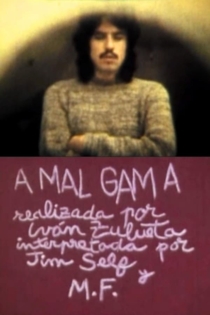
Rapture
Iván Zulueta
Eusebio Poncela, Cecilia Roth
José Sirgado is a low-budget filmmaker whose heroin addiction distorts his perspective of the real world. Although he is a depressed and unstable individual, his mood improves when he receives the mysterious films of Pedro, with whom he shares his passion for cinema.
Rapture
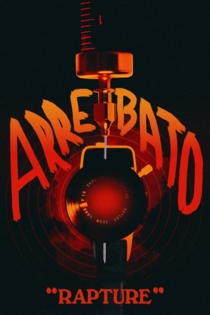
Un, dos, tres, al escondite inglés
Iván Zulueta
José Luis Borau, Antonio Drove
A band of young musicians will do the impossible to boycott a song they didn't like at all, and that's supposed to represent Spain in a famous musical contest. An unusual film by the odd Zulueta in which, after the success of Spanish singer Massiel in Eurovision contest, this kind of contests are parodied with an insane story shot without a script and with the performance of several top music bands of that time.
Un, dos, tres, al escondite inglés
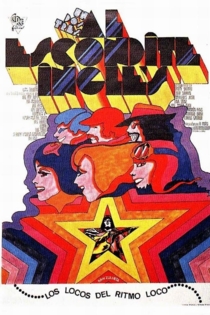
Mi ego está en Babia
Iván Zulueta
Will More, Max Madera
Will More arrives by boat to a "genuine Mediterranean island" and is welcome by "thousands of Chinese girls" who take him to their place and tell him a story about his "ego", which he must immediately look for. Thus he gets to a "wonderful palace", where he meets a hermaphrodite odalisque who materializes the image of his other self and offers him a new and even more fantastic story.
Mi Ego Está en Babia
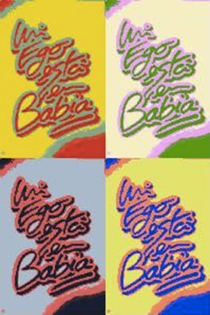
Ida y vuelta
Iván Zulueta
Mercedes Juste, Pepe Ruiz
Elena, a shy and unmarried girl, belonging to the upper middle class and somewhat marginalized from the general environment, embarks on a trip to the family farmhouse one morning, and when she returns to the city that same day, at night, she is forced to take a strange woman in her car.
Ida y vuelta
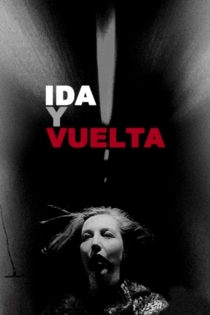
Roma-Brescia-Cannes
Iván Zulueta
Roma-Brescia-Cannes, made in 1974, could be called a lyrical home movie. P. Adams Sitney defines the lyrical film as one that “postulates the film-maker behind the camera as the first-person protagonist of the film. The images of the film are what he sees filmed in such a way that we never forget his presence and we know how he is reacting to his vision”. —Senses of Cinema
Roma-Brescia-Cannes
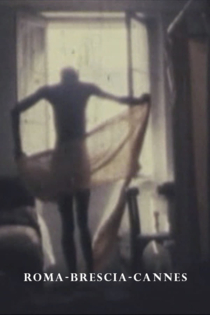
Frank Stein
Iván Zulueta
Filmed before his feature-length Arrebato, Zulueta’s Frank Stein is a personal reading of horror cult classic Frankenstein (1931), filmed directly from its television broadcast and reducing Whale’s original to only three packed and dizzying minutes, during which the film's sensitive monster evolves at an unusual rate.
Frank Stein
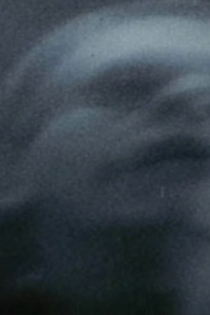
Get Back
Iván Zulueta
A pop-art video of The Beatles’ “Get Back” made especially for Spain’s TV shot Último Grito in 1969. Iván Zulueta’s first attempts to get his colourful ideas on film and a clear nod to what would become his first feature film, “Un, dos, tres… al escondite inglés.”
Get Back

Aquarium
Iván Zulueta
Will More
The 1975 Super-8 short Aquarium is Zulueta’s first available incursion into the psychodrama—in which the filmmaker dramatises a disturbed state of consciousness—in which appear lyrical passages of the kind that will be made by the fictional experimental filmmaker played by Will More in Zulueta’s 1980 feature Arrebato. (Senses of Cinema)
Aquarium
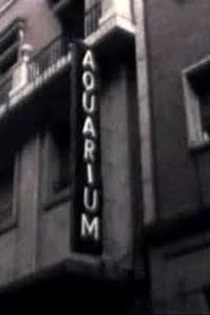
Kinkón
Iván Zulueta
King Kong, Fay Wray
Kinkón (1971), a silent adaptation of Merian C. Cooper and Ernest B. Schoedsack’s 1933 classic, King Kong. Zulueta re-filmed a television broadcast of the original, and through creative subtraction and manipulation of camera speed, condensed the original’s feature length to an intensified seven minutes. The cathode-ray flicker and flattening that results from the re-filming defamiliarises the original, but its classical continuity mode of address continues to operate on the viewer, and the increase in velocity makes mesmerisingly urgent the dramatic plot of the original. —Senses of Cinema
Kinkón


